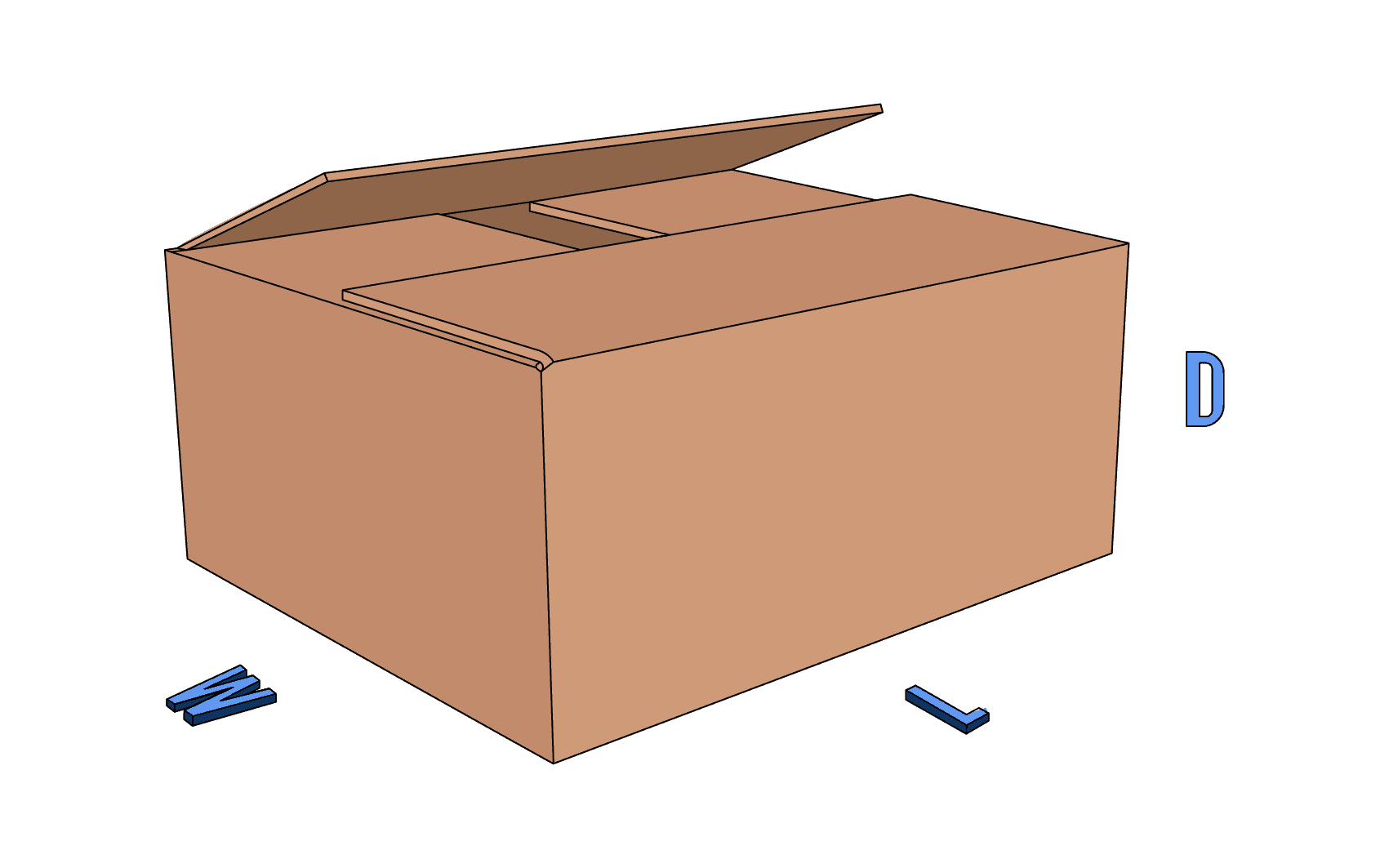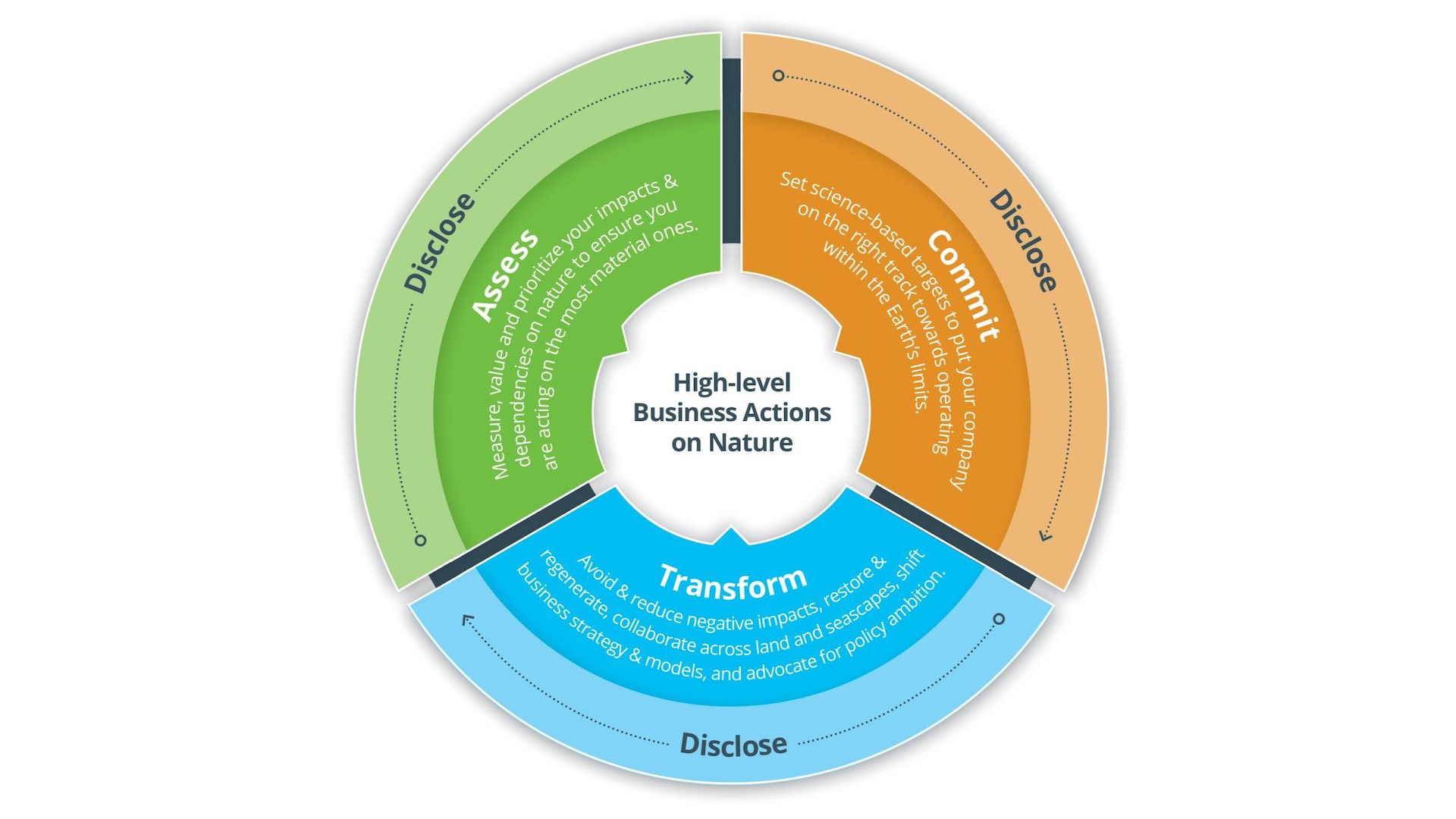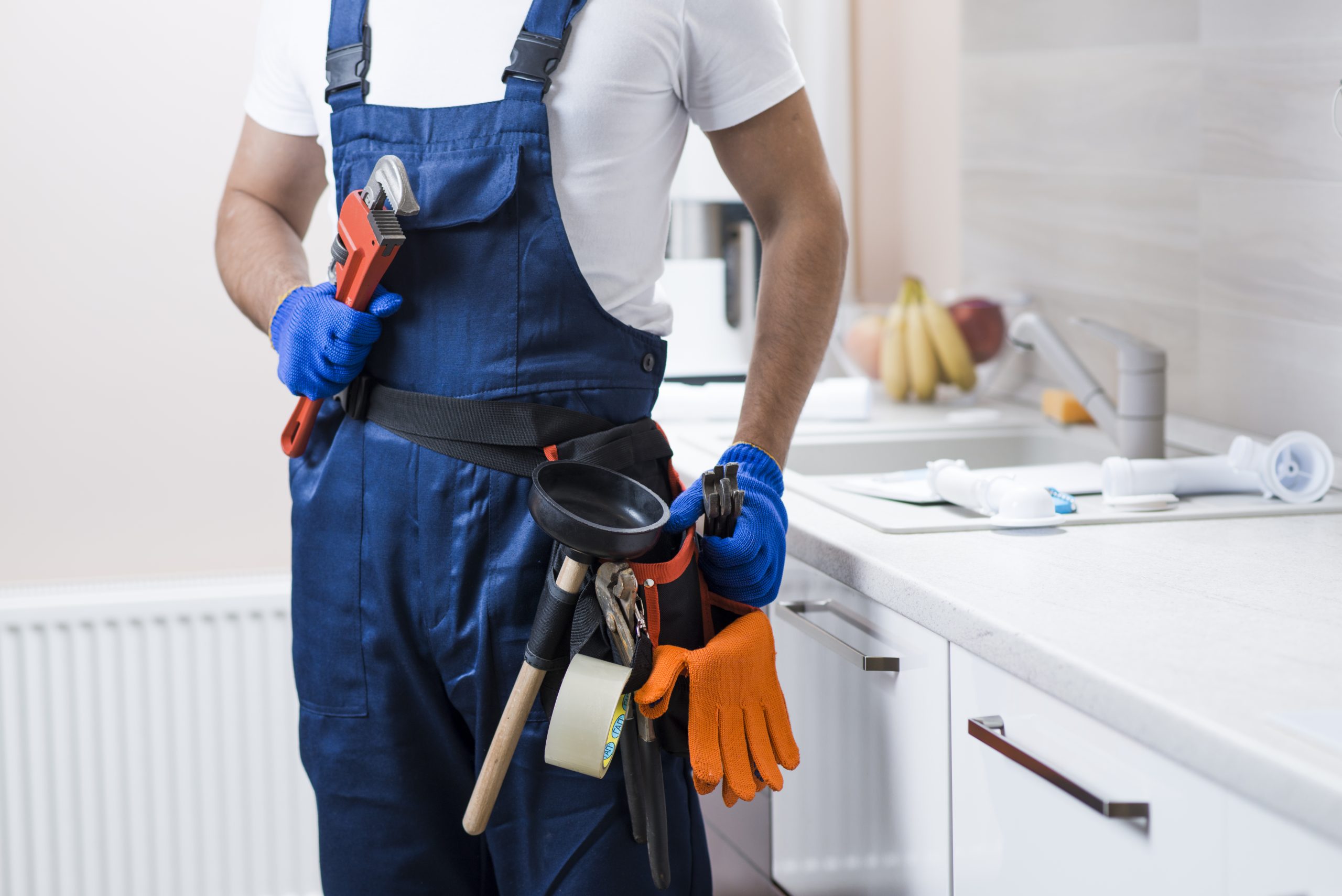What Types of Licenses & Permits Are Required For New Plumbing Business?
With a largely recession-proof business model and skills that are in high demand, savvy entrepreneurs would be wise to consider plumbing when looking to their next business venture. Here’s a look at how to start a plumbing business.
The plumbing business produces roughly $124 billion in revenue annually and employs over half a million people.
There are also a variety of different niches within the industry that you can focus on, whether that is new residential construction or commercial operations.
Starting a plumbing business has a high potential for revenue and allows for an independent work schedule.
What does a plumbing business do?
Plumbing businesses really do run the gamut of operations and deal mainly with anything to do with your water system, drainage, commercial inspections or home repair like unclogging toilets.
Some focus mainly on sprinkler systems, for example. Designing, installing, maintaining and repairing fire suppression systems within larger buildings.
Pipefitters work in an industrial setting and are responsible for pipe systems that heat and cool buildings.
Others focus on residential work, installing toilets, water heaters and faucets as well as clearing clogged lines and fixing damaged pipes.
The systems are essential to everyday life, whether in commercial or residential sectors, and few people have the skills to do the work themselves.
Strategy to start a plumbing business
This is obviously dependent on where you live, your relative experience in the plumbing industry and your long-term financial goals. Here’s a quick run-down of some of the things you should consider when starting a plumbing business.
To work in many states, you’ll need to acquire a plumbing contractor license or master plumber certification after receiving at least three to four years of training through a journeyman program.
You also may need proof of liability insurance and a minimal bond amount if something goes awry.
You should check with the relevant governing bodies in your area as the exact licenses or permits necessary can vary widely from state to state. An excellent list of resources to check what type of permits you might need can be found here.
You’re going to want to decide what type of business you will focus on, whether residential or commercial(more on that later). What types of services will you provide?
Plumbers need tools and equipment, so you’ll also need to make sure you have all the right things. This can include wrenches, pipes, pipe expanders and safety equipment, as well as trucks or vans to carry everything to and from the job site.
Don’t forget to do a lot of market research prior to starting your business to ascertain market trends.
If your area has lots of new construction, there is likely high demand for residential construction jobs. However, tying your business to these services leaves you open to swings in the housing market.
Who are the major competitors in the area? What do they focus on, and what do they not provide?
Additional Resources
- The local SBDC or town/city clerk where the company is located. This is a good place to start looking to ensure you’re familiar with the necessary city-level permits. The city clerk should have a comprehensive list of the licenses your business needs.
- CityApplications.com: This allows you to search for contact information at the city level for permitting and other licensing information.
- SBA.com: Don’t confuse this with the Small Business Administration. Small Business Advice provides information on running a business, including business permitting and licensing specifics by state. Though be aware, the site has information on some states more than others.
- SBA.gov: The Small Business Administration lists many of the federal licenses and permits necessary in different industries, though it is somewhat short on state licensing.
Types of plumbers
- Residential Plumbers
Residential plumbers specialize in installing, maintaining and repairing fixtures and issues in people’s homes. They complete pipe installations and relatively small-scale jobs.
This can also include construction on new residential units.
Plumbers will often get experience working as an apprentice under more experienced plumbers before striking out on their own.
- Service and Repair Plumbers
This is perhaps the most basic of the plumbing careers and consists of fixing clogged toilets and leaky faucets. There is very little training required to perform this work.
The next tier up in this type of work would be more intensive tasks like gas work and installing or repairing water heaters.
- Commercial plumbers
Commercial plumbers also work with water supply and wastewater drainage systems in a variety of businesses, public spaces and building complexes.
The work is often extensive and sophisticated, often occurring over multiple levels on a high-rise, for example.
Commercial service can come in the form of maintenance contracts where customers are typically property managers or facility managers. This can include coming in quarters or semi-annually to inspect all the plumbing infrastructure.
A company specializing in commercial plumbing has multiple moving parts and thus requires a good estimating process, a strong project management process and a competent finance department.
Benefits of a plumbing business
- Revenue Benefits
Given that the majority of home and business owners are incapable of maintaining their own plumbing systems, a plumbing business is a very lucrative option. Potable drinking water and a functioning sewage system are the bare minimum for essentially every building in the United States.
The industry is also relatively recession-proof because much of the work is the kind that cannot be put off until later.
- Independent Work Schedule
Due to the high demand for plumbers, you have a large amount of flexibility in setting your schedule. You can pick and choose the jobs that you want.
There’s no need to work double overtime shifts if you don’t want to.
You can also easily scale up the business as demand increases at a rate that makes sense for your business.
As your business grows, you’ll need to find qualified workers and provide them with the appropriate trucks and tools. But they are largely independent operations.
- Customer Interaction
You can also choose the type of customer you want to deal with and how much interaction you’ll have.
If you prefer to work in people’s homes, you can choose to be a residential or service and repair plumber.
On the other hand, you can choose to work in factories or commercial properties where your interaction with the public is lessened.
Conclusion
Getting involved in the plumbing business can be an incredibly lucrative prospect for any aspiring entrepreneur.
Plumbers are in high demand, and the industry is largely recession-proof.
Make sure to check your local laws to ensure you have all the appropriate licenses and insurance.
Do a thorough market study of your area and decide which type of plumbing you want to specialize in.











